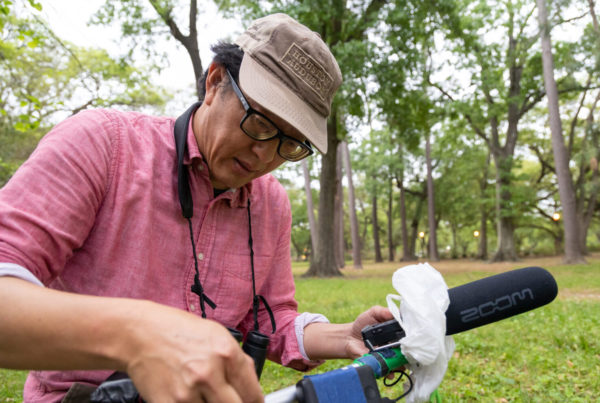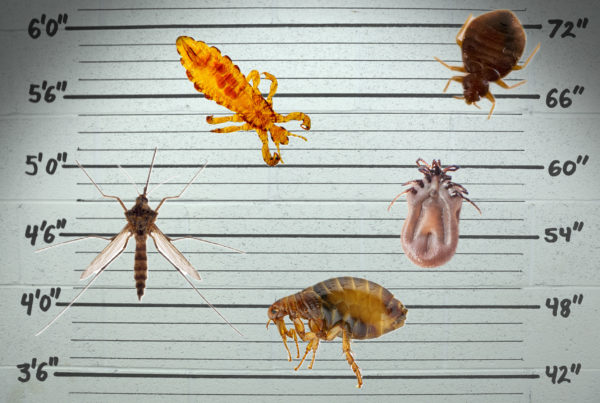Cases of severe liver inflammation in young children have led the Centers for Disease Control and Prevention to issue an alert about hepatitis of unknown origin presenting in kids as young as 1 year old.
The disease does not appear to be caused by the usual culprits, including the hepatitis A,B or C viruses. Health officials now suspect it’s an adenovirus, which commonly causes mild respiratory and gastrointestinal illness in humans.
The first cases in the United States were detected in Alabama last year. Now the illness is being reported in at least 10 states; as of last week, that also includes Texas. So far no link has been found between the hepatitis cases and COVID-19 infections or vaccinations.
Dr. Naveen Mittal, chief of the Division of Pediatric Gastroenterology at UT Health San Antonio, spoke with the Standard about Texas cases, and what symptoms parents and caretakers should look for in children. Listen to the interview with Mittal in the audio player above or read the highlights below.
Highlights from this interview:
– Mittal says doctors began to notice children coming into the hospital with liver failure, and some even needing liver transplantation, but without testing positive for the common causes of hepatitis – the hepatitis A, B or C viruses.
– All of the known cases so far are among children younger than 10.
– Prevention of adenovirus spread is fairly straightforward: the virus spreads through respiratory droplets or ingestion of fecal matter, so Mittal says handwashing, drinking clean water and washing food properly are all good prevention methods.
– Don’t panic, Mittal says, because this illness is very rare. Its early symptoms – vomiting, abdominal pain and diarrhea – can also look like a lot of other less severe illnesses. But he says if symptoms persist, to contact the child’s doctor so he or she can test for liver problems.














